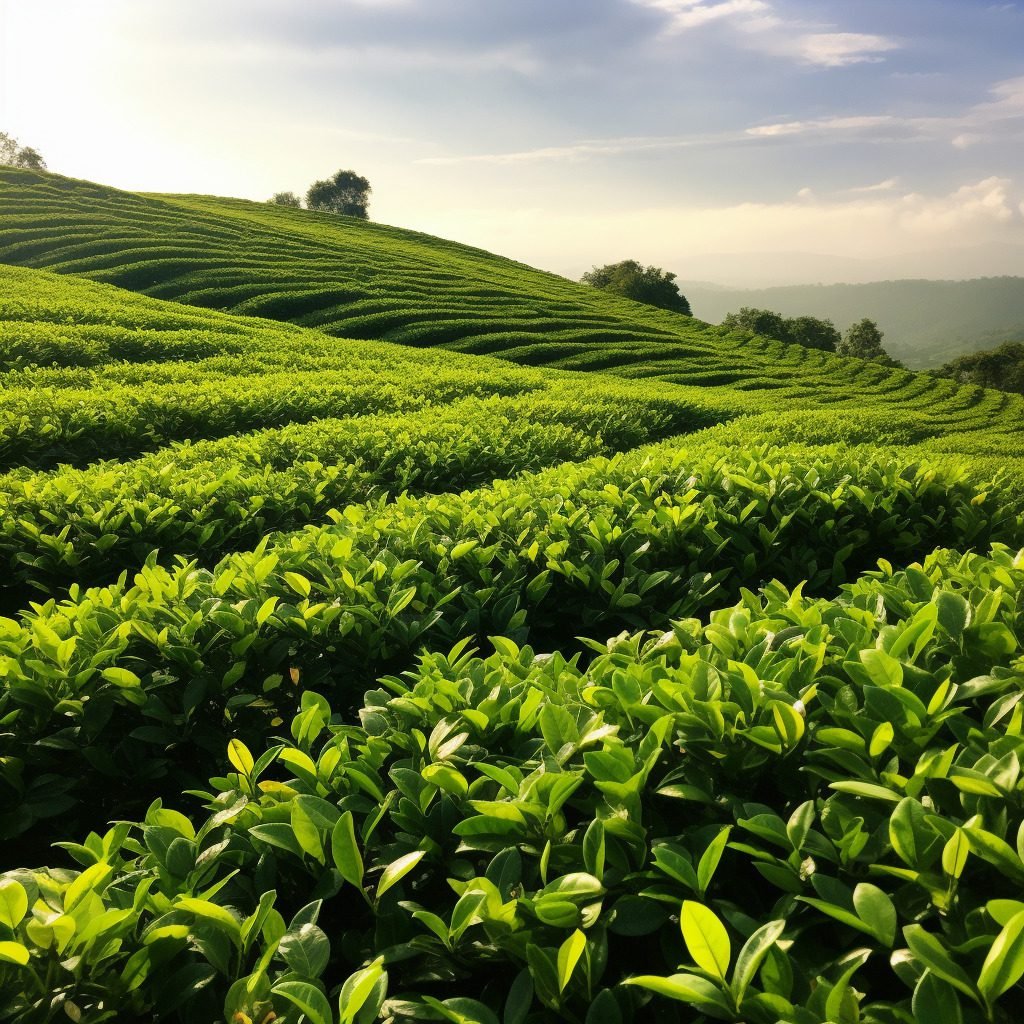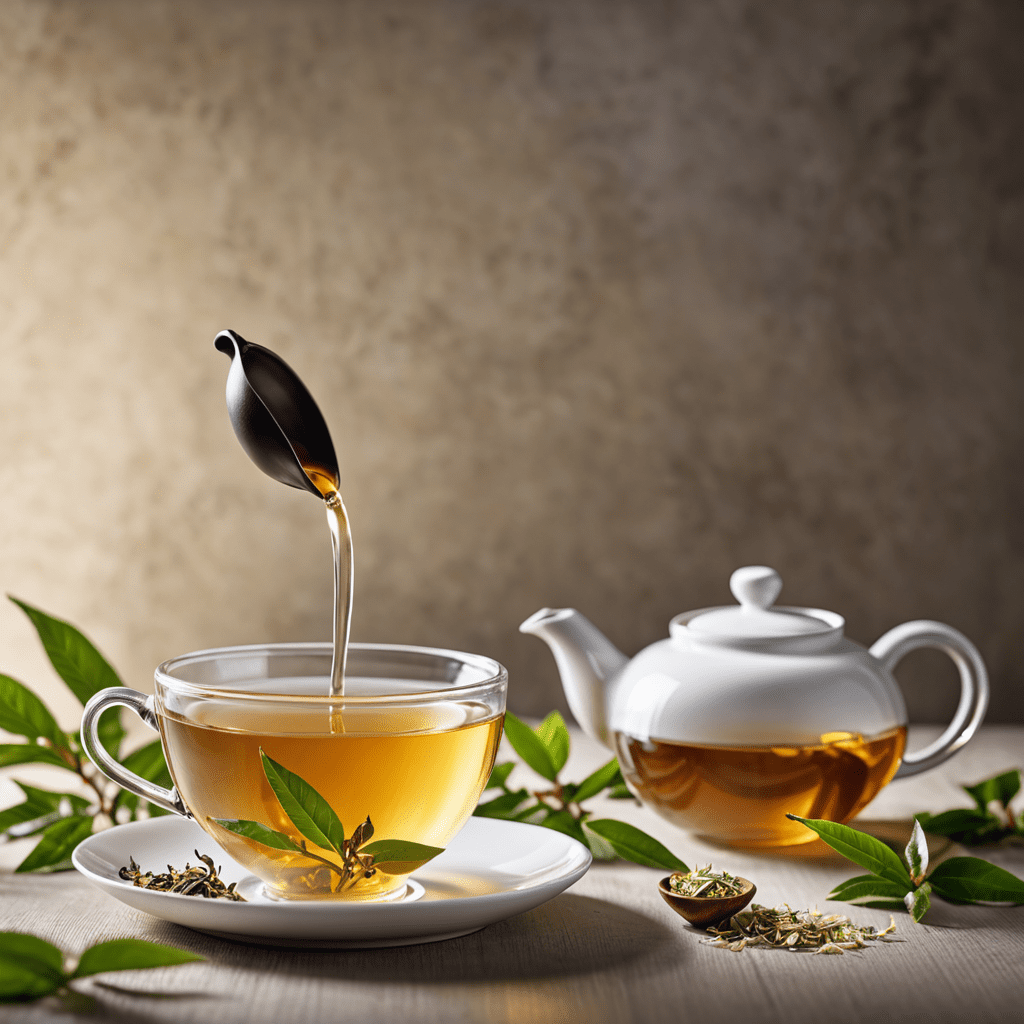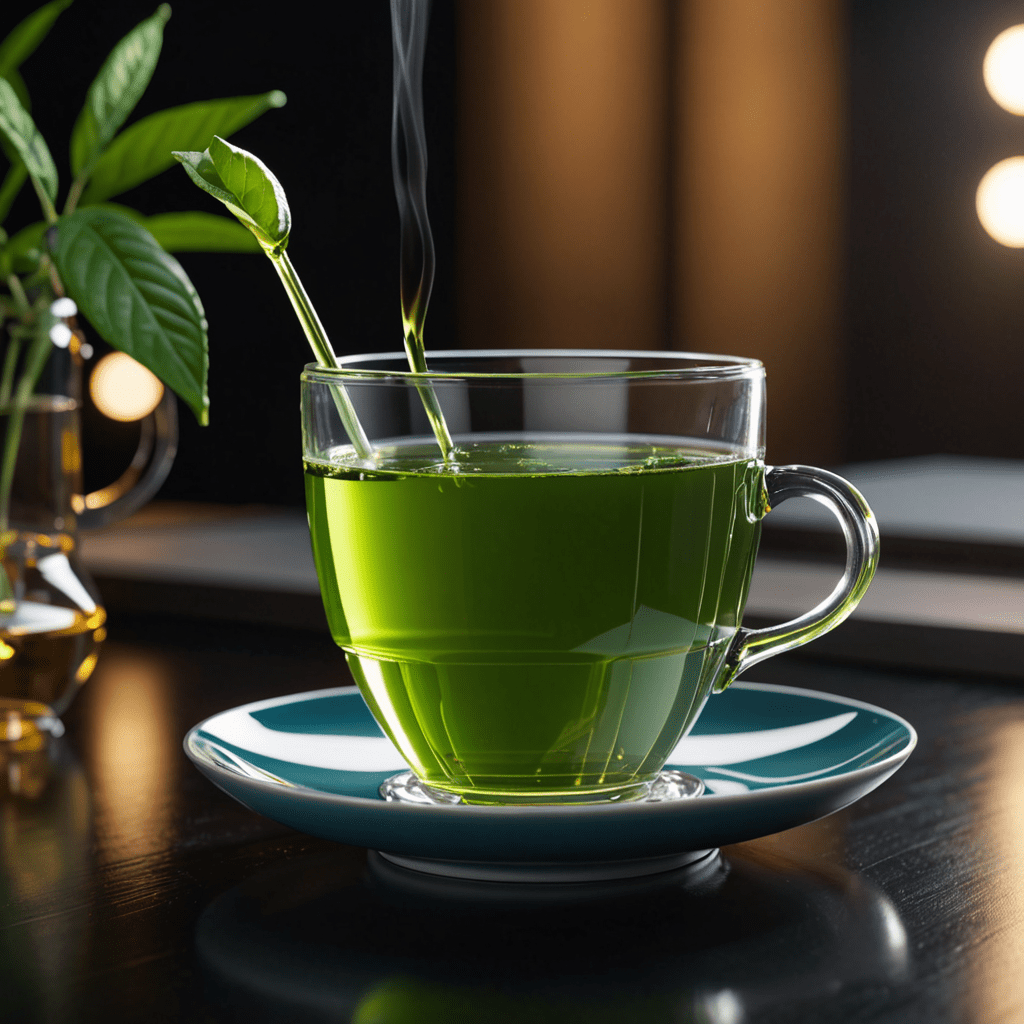Organic Tea Farming: A Comprehensive Guide for Beginners
Tea has been enjoyed for centuries, not only for its delightful taste but also for its numerous health benefits. In recent years, there has been a growing concern about the use of pesticides and chemicals in conventional tea farming. As a result, many tea enthusiasts are turning to organic tea farming as a safer and more sustainable alternative. In this article, we will explore the key elements of organic tea farming, provide practical tips for cultivating organic teas, and discuss how to incorporate organic tea farming into your daily life.
Key Elements of Organic Tea Farming
- Soil Management: Organic tea farming places a strong emphasis on soil health. Farmers use natural fertilizers, such as compost and organic matter, to nourish the soil and promote biodiversity. Healthy soil not only produces tea plants with enhanced flavor and aroma but also helps prevent pests and diseases.
Pest Control: Instead of relying on chemical pesticides, organic tea farmers employ various natural methods to control pests. These include introducing beneficial insects, using traps, and practicing crop rotation. By promoting a balanced ecosystem, organic tea farming minimizes the need for harsh chemicals, ensuring the purity and quality of the tea leaves.
Harvesting Techniques: Organic tea farmers follow specific harvesting techniques to preserve the integrity of the tea leaves. They handpick the leaves at the optimal time, ensuring that only the finest and most mature leaves are harvested. This careful attention to detail results in teas that are rich in flavor and aroma.
Processing Methods: After harvesting, organic tea leaves undergo minimal processing to maintain their natural flavors and health benefits. The leaves are typically withered, rolled, oxidized (in the case of black teas), and dried. By avoiding excessive processing, organic tea farmers preserve the tea’s natural compounds.
Tips for Organic Tea Farming
Choose the Right Tea Varieties: Different tea varieties thrive in different climates and environments. Research the tea varieties that are best suited to your region to ensure successful cultivation.
Ensure Good Drainage: Tea plants prefer well-drained soil. If your soil tends to retain water, consider improving drainage by adding organic matter or creating raised beds.
Use Organic Fertilizers: Opt for organic fertilizers, such as compost or natural plant-based fertilizers, to enrich the soil. Avoid chemical fertilizers, as they can disrupt the delicate balance of the ecosystem.
Practice Regular Pruning: Pruning tea bushes helps maintain their shape, promotes air circulation, and prevents the spread of diseases. Regular pruning also encourages new growth and improves the overall quality of the tea leaves.
Monitor and Manage Pests: Regularly inspect your tea plants for signs of pests or diseases. If necessary, employ organic pest control methods, such as neem oil spray or introducing beneficial insects.
Harvest with Care: When harvesting tea leaves, handle them gently to avoid bruising or damaging them. Only pluck the top two to three leaves and the bud to encourage regrowth and promote high-quality tea production.
Dry the Leaves Properly: After harvesting, dry the tea leaves properly to prevent mold or bacterial growth. Spread them out in a well-ventilated area away from direct sunlight until they are completely dry.
Incorporating Organic Tea Farming
Selecting Organic Tea: When purchasing tea, look for certified organic options. These teas are grown using organic farming methods, ensuring that no harmful chemicals are used during cultivation.
Brewing Techniques: To fully enjoy the flavors and aromas of organic tea, use the correct brewing techniques. Pay attention to water temperature, steeping time, and the amount of tea leaves used. Experiment with different brewing methods to find the one that suits your taste preferences.
Support Local Organic Tea Farmers: Consider buying tea directly from local organic tea farmers or supporting organic tea cooperatives. This not only ensures the freshness and quality of the tea but also promotes sustainable agriculture practices in your community.
Explore Different Tea Varieties: Organic tea farming encompasses a wide variety of teas, including green tea, black tea, oolong tea, and herbal teas. Take the opportunity to explore different tea varieties and discover the unique flavors and health benefits they offer.
FAQ about Organic Tea Farming
Q: Are organic teas more expensive than conventional teas?
A: Organic teas may be slightly more expensive due to the additional labor and care required in organic farming practices. However, the health and environmental benefits outweigh the cost difference for many tea enthusiasts.
Q: Where can I find organic tea?
A: Organic teas can be found in specialty tea stores, health food stores, and online. Look for teas with a certified organic label to ensure their authenticity.
Q: Is organic tea better for the environment?
A: Yes, organic tea farming promotes sustainable agriculture practices, reduces chemical pollution, and preserves biodiversity, making it a more environmentally friendly choice.
Q: Does organic tea taste different from conventional tea?
A: Organic teas often have a purer and more nuanced flavor profile compared to conventional teas. The absence of chemical residues allows the natural flavors and aromas of the tea leaves to shine through.
In conclusion, organic tea farming offers a sustainable and healthier approach to tea cultivation. By understanding the key elements of organic tea farming and following practical tips, you can embark on your own journey of growing and enjoying organic teas. Whether you choose to cultivate your own tea garden or support local organic tea farmers, incorporating organic tea into your daily life is a rewarding and enriching experience. Cheers to a cup of pure, flavorful, and sustainable tea!



